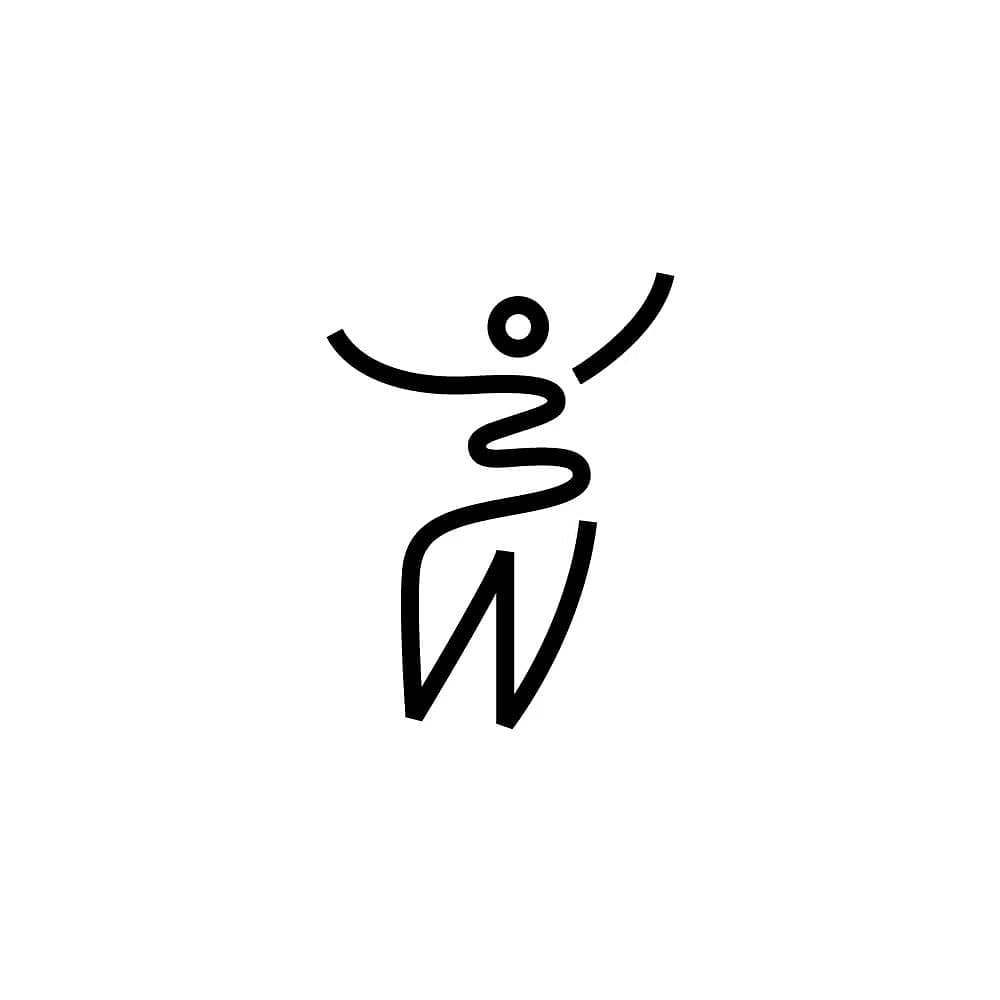11 Amazing Halasana (Plow Pose) Benefits & How to Do It!

What Is Halasana (Plow Pose)?
One of the basic yoga poses, the Halasana, also known as plow pose, is done at the end of a yoga session. The posture involves the individual lying on his/her back. The feet must be placed behind the head, touching the floor. It is also known as the inversion circulation pose.
Also Read: Can We Do Yoga In Evening & What Are The Poses You Can Try in Evening?
Halasana Benefits
There are a number of Halasana Yoga benefits that help promote the mental and physical well-being of an individual.
1) Improves Digestive System
The plow pose is an effective remedy for various stomach disorders. Junk food and improper eating lifestyle lead to digestive system upsets that cause constipation, indigestion, and many more issues. The Halasana strengthens the colon and stimulates the digestive system through gentle massage. It results in proper digestion and absorption of the food ingested.
2) Relieves Back Pain
The Halasana helps relieve the issue of backaches by giving a proper posture massage. It helps to release the stress from back muscles and improves the strength of the spinal cord, thereby reducing the pain. This asana is also helpful in enhancing the flexibility of back muscles.

3) Relieves Stress
The Halasana is a proven remedy to help relieve anxiety and stress-related problems. When performed with breathing exercises, the plow pose helps provide relaxation to the mind. This asana relieves the stress-induced mental barriers, thereby promoting the overall well-being of an individual.
4) Helps To Manage Diabetes
One of the primary forms of Yogasana, Halasana, is an effective way to manage diabetes better. It stimulates the system to restrict excess production of blood sugar. It manages the existing sugar level and also keeps the condition of diabetes in check.
5) Stimulates Thyroid Glands
The plow pose helps reverse the flow of your body’s blood. This allows blood to reach the extreme upper glands (Head - pituitary, neck - thyroid) from the lower extremes. Hence, it stimulates the endocrine system and helps to manage the functioning of the thyroid gland better.
6) Therapeutic for Leg Cramps
For the condition of leg cramps, the Halasana is an easy, cost-effective remedy. The plow pose stretches the various muscles connected that cause leg cramps. It helps enhance the flexibility of the calf, thigh, and leg muscles, relieving against the condition of painful cramps.
7) Improves Blood Circulation
As mentioned, the plow pose involves reverse circulating the blood, i.e., it diverts the blood flow from the lower extremities to the upper extremities of the body. This asana helps blood to reach the tips of all glands and nerves, thereby promoting blood circulation.
8) Helps during Menopause
The plow pose benefits during menopause by relieving stress from major points. It massages the neck, shoulder, and spine in the correct posture. The asana is also known for relieving symptoms of stomach disorders.
9) Strengthens Immune System
The plow pose helps to circulate the blood to every tip of the nerve endings. It improves the immune system by strengthening the system and flexibility of each of the muscles.
10) Halasana Benefits for Hair
The plow pose involves the individual lying down in a pose that diverts the flow of blood. This helps the blood to reach the tips and roots of the hair. Regular practice of the asana helps provide the necessary blood circulation.

Also Read: Yoga for Hair Growth: 10 Effective Yoga Asanas for Hair Regrowth
11) Benefits of Halasana for Weight Loss
The regular practice of Halasana helps to shred the extra fat naturally. It burns the fat allowing a leaner waist shape, thereby aiding in weight loss.
Also Read: Yoga for Weight Loss: Easy & Best Yoga Postures for Weight Loss

Ardha Halasana Benefits
The Ardha Halasana benefits in several ways, thereby improving the physical and mental well-being of an individual. Some benefits of the Ardha Halasana pose are:
- Improves digestive disorder conditions such as ingestion
- Aids in weight loss
- Improves calf and thigh muscles flexibility and strength
Halasana Steps - How to Do Halasana
The steps to perform Halasana are simple and easy to execute. These steps are:
- Lie on your back with arms resting on the floor. Inhale and lift the leg by 90 degrees.
- Slowly push your legs behind the head as you exhale. Remember to keep the shoulders and elbow as close as possible.
- Hold the pose for 20 minutes.
- Exhale and slowly return to the initial pose.

Halasana for Beginners Tips
The beginners’ benefit helps to relieve stress in muscles by practising regularly. Perform the last part slowly to return to the same position.
How to Modify Halasana
There are several Halasana variations and ways to modify the plow pose for the better. One of the ways is by placing a blanket or mat by bringing it under the feet and as a support to the sounders. It reduces stress and softens the rear side of your neck.
In case your feet don’t reach the floor, you can use the floor as your benchmark.
Precautions While Practicing Halasana (Plow Pose)
- Avoid holding inversions for long durations.
- Do not force the pose if it hurts.
- Not recommended during menstruation or pregnancy.
- In case of head issues such as sinus, neck issues, or digestive issues, do not perform the plow pose.
- Reduce the time of inversions if experiencing headaches.
- Listen to your body always.
